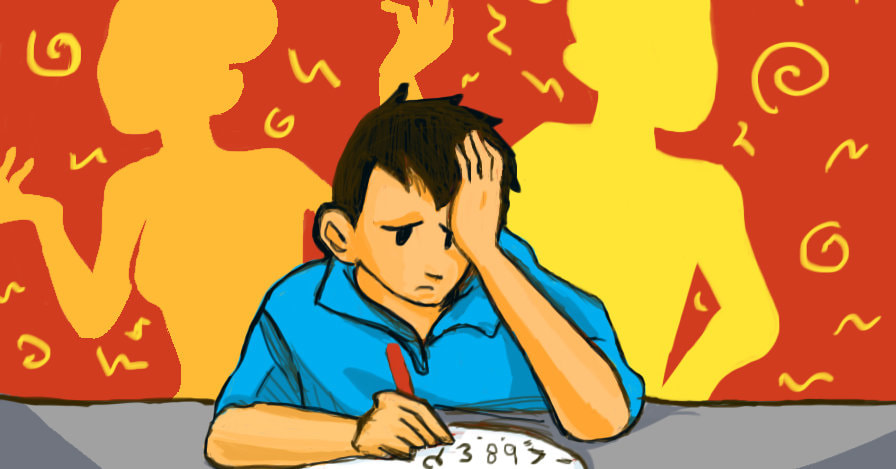|
School learned helplessness happens when students:
A recent study examined the influence of a harsh parental practice known as parental “psychological control” on the development of such learned helplessness. Parental psychological control is characterized by the use of such tactics as guilt or withdrawal of affection, which “intrude into the psychological and emotional world of the child and manipulate the child’s psychological and emotional state.” Surveying 214 Italian high school students, the researchers validated their hypothesis that such interpersonal control would lead to the frustration of psychological needs and hamper students’ motivation. Interestingly, they also found that the relation was mediated by another psychological phenomenon known as “frustration intolerance.” In the words of the authors: “Parents who engage in higher levels of psychological behavioral control may strengthen not just a student’s inferences that they have little control over life events, but also the underlying frustration intolerance belief that there is no point in trying at all. Therefore, when faced by difficult situations at schoool, a student may more easily give up and have accompanying beliefs related to uncontrollability, inadequacy, and incomperence, thinking they are unable to control these situations and independently perform the task ast hand” (all quotes are from the original study.) Importantly, the researchers conclude that “effective prevention and intervention programs may need to raise awareness of the phenomenon of psychological control and to discourage parents from engaging in psychologically controlling tactics. It may also be important to explicitly inform parents about ways to implement autonomy-supportive parenting style.” Reference: Filippello, Harrington, Costa, Buzzai, and Sorrenti (2018), “Perceived Parental Psychological Control and School Learned Helplessness: the Role of Frustration Intolerance as a Mediator Factor”, School Psychology Internnational, 39:4, pp. 360-377.
0 Comments
Your comment will be posted after it is approved.
Leave a Reply. |
|
Proudly powered by Weebly

